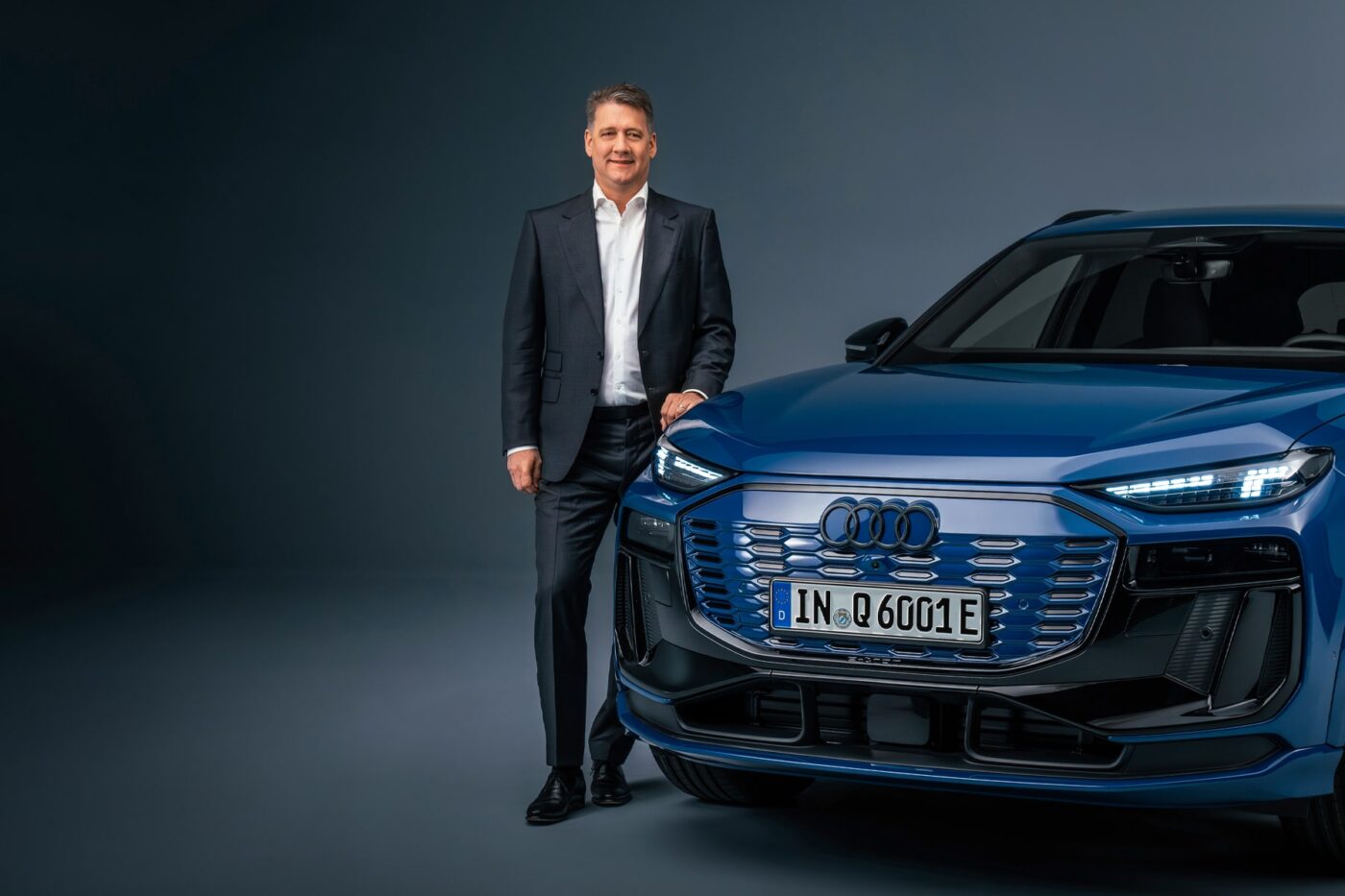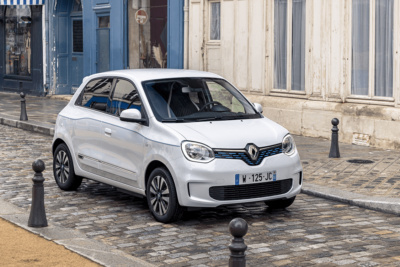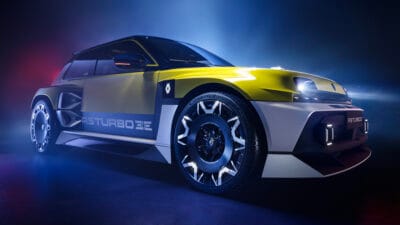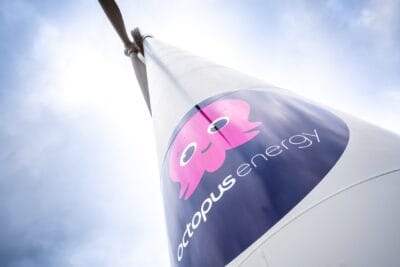Audi’s electric compact model could use the MEB
Audi boss Gernot Döllner told Autocar that the company is aiming for an accelerated development time of around three years in order to hold its own against the competition from China. “It will be a wonderful, unique independent vehicle concept, produced in Ingolstadt, and it will be something we can all look forward to,” Döllner said.
However, there are not yet many details about the vehicle, but there is at least one statement about the model’s platform: Döllner did not rule out that the model will use the MEB, but “the final decision on which platform we will use has not yet been made.” However, Döllner also did not specify what the alternative to the MEB could be.
The PPE, which is making its debut at Audi in the Q6 e-tron, is intended for larger models from the mid-range upwards, so the Q6 and A6 e-tron and upwards. The current 800-volt platform is probably too expensive for a compact model. The VW Group’s upcoming SSP is also likely to make its debut around 2027. However, it is not clear whether this can be achieved. And the accelerated development of a vehicle in less than three years on a completely new platform would be a very daring endeavour – even with an established platform, it would be an enormously shortened development time.
Döllner rules out electric Audi A1
If it does become the MEB, it is already clear that the compact Audi will be somewhat taller than the current combustion-powered A3. VW brand boss Thomas Schäfer had already made it clear that there could only be a flatter compact car with the dimensions of a Golf with the SSP and that MEB vehicles such as the ID.3 would be higher due to their design. This is why an SSP electric Golf will not be available until 2028 at the earliest: How can you differentiate a more expensive Audi model from the familiar MEB models if the platform is de facto no longer being further developed in 2027? It is already difficult for the Q4 e-tron to stand out from the VW ID.4/ID.5 and Skoda Enyaq or to justify the additional Audi price.
However, Döllner clearly ruled out another model in the interview with “Autocar”: There will be no electric successor generation to the A1. “We will not have a successor to the A1 or Q2, no direct successor. But with the model below [the] Q4 in the [A3] segment, that will definitely be our entry-level car,” Döllner said verbatim. Autocar also speculates that the new entry-level electric model will probably be launched on the market as the A2 e-tron or Q2 e-tron, depending on whether it is more of an SUV or not.
Meanwhile, the German publication Handelsblatt has learnt that Döllner wants to fundamentally reorganise the management structure at Audi. In future, the heads of the model series are to take on significantly more responsibility. According to information from unspecified Group circles, one person will be responsible for a model series “from the idea to the product”. This type of model series principle is familiar from Porsche and BMW, for example. Döllner is hoping for “more entrepreneurship” from the new structure. The model series are therefore to be managed as “companies within the company”, as the Handelsblatt writes.
Until now, many such product decisions at Audi have been made by the Board of Management. In order to implement the model series principle, the Board of Management in particular would have to relinquish operational competences, from sales to procurement to production. In Döllner’s vision, however, the Board of Management should work more strategically anyway. The new principle is to be implemented by the summer.
autocar.co.uk (compact EV), handelsblatt.com (management)





1 Comment